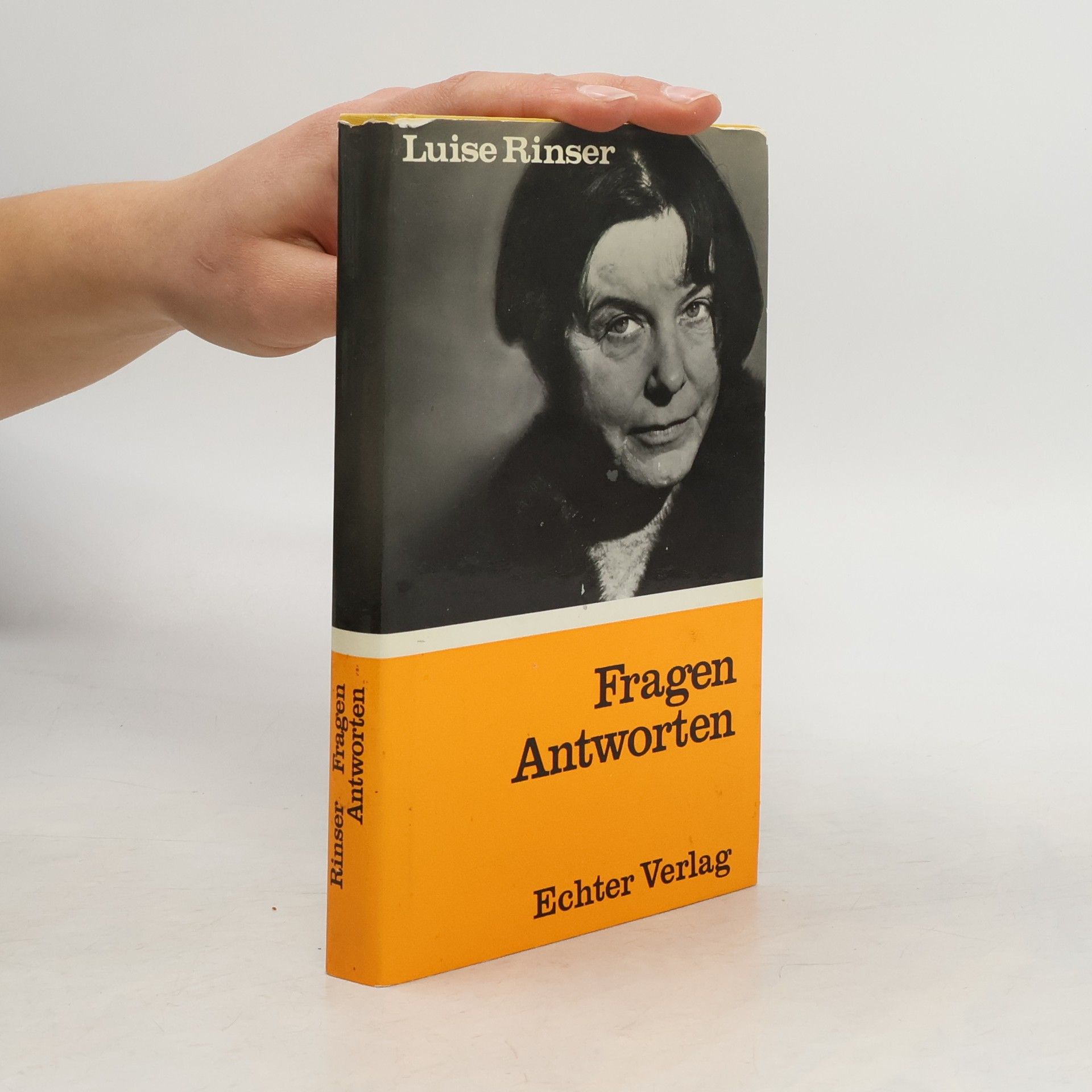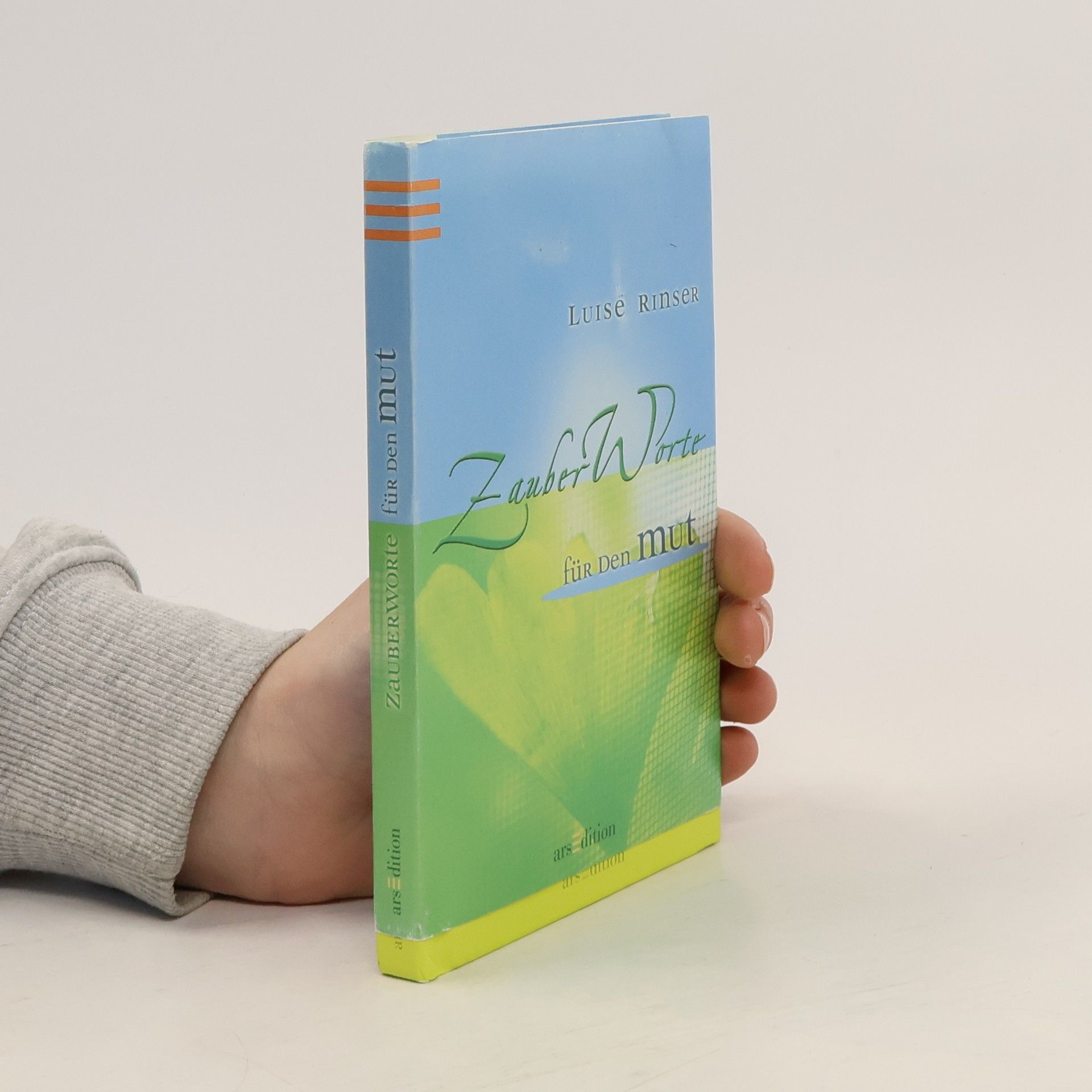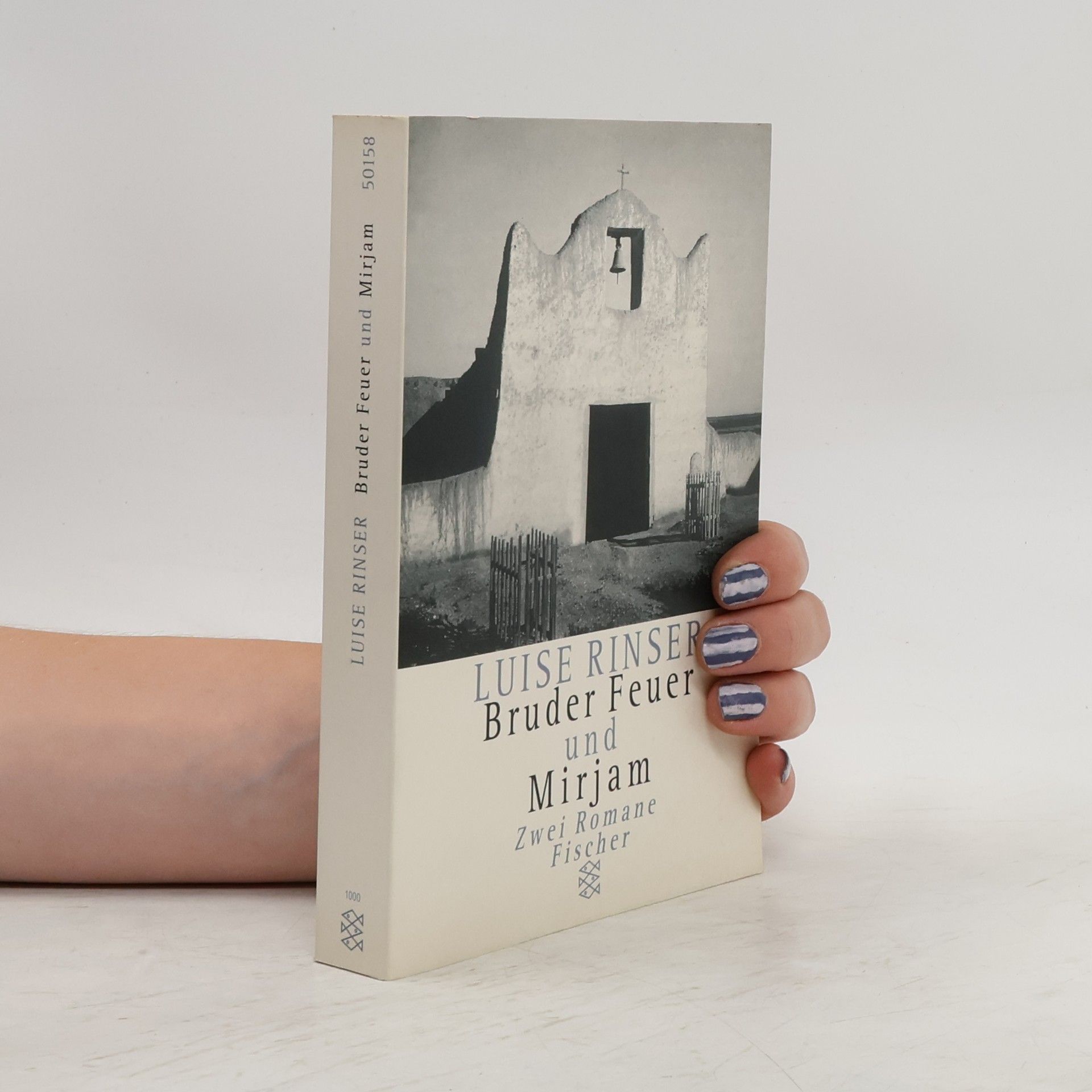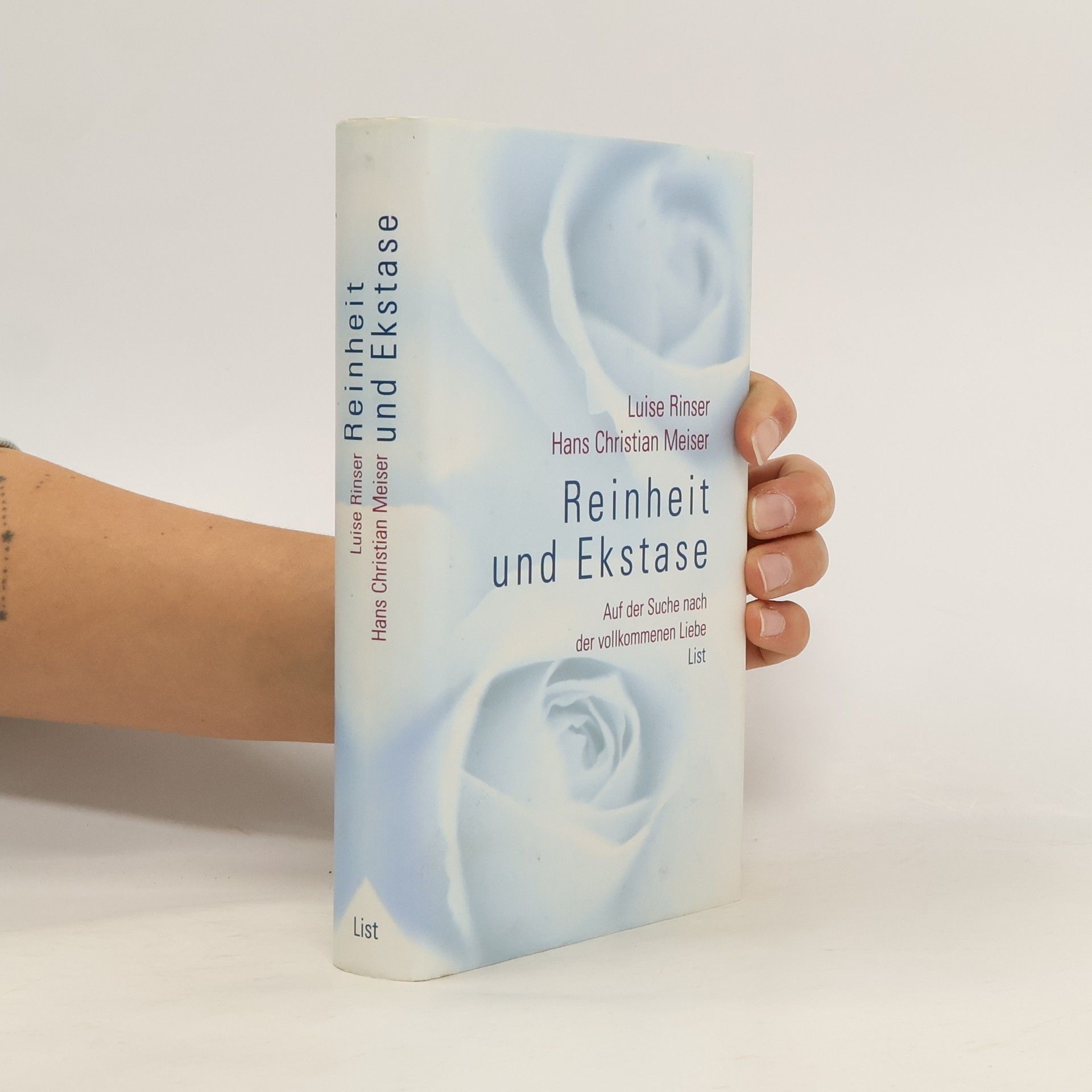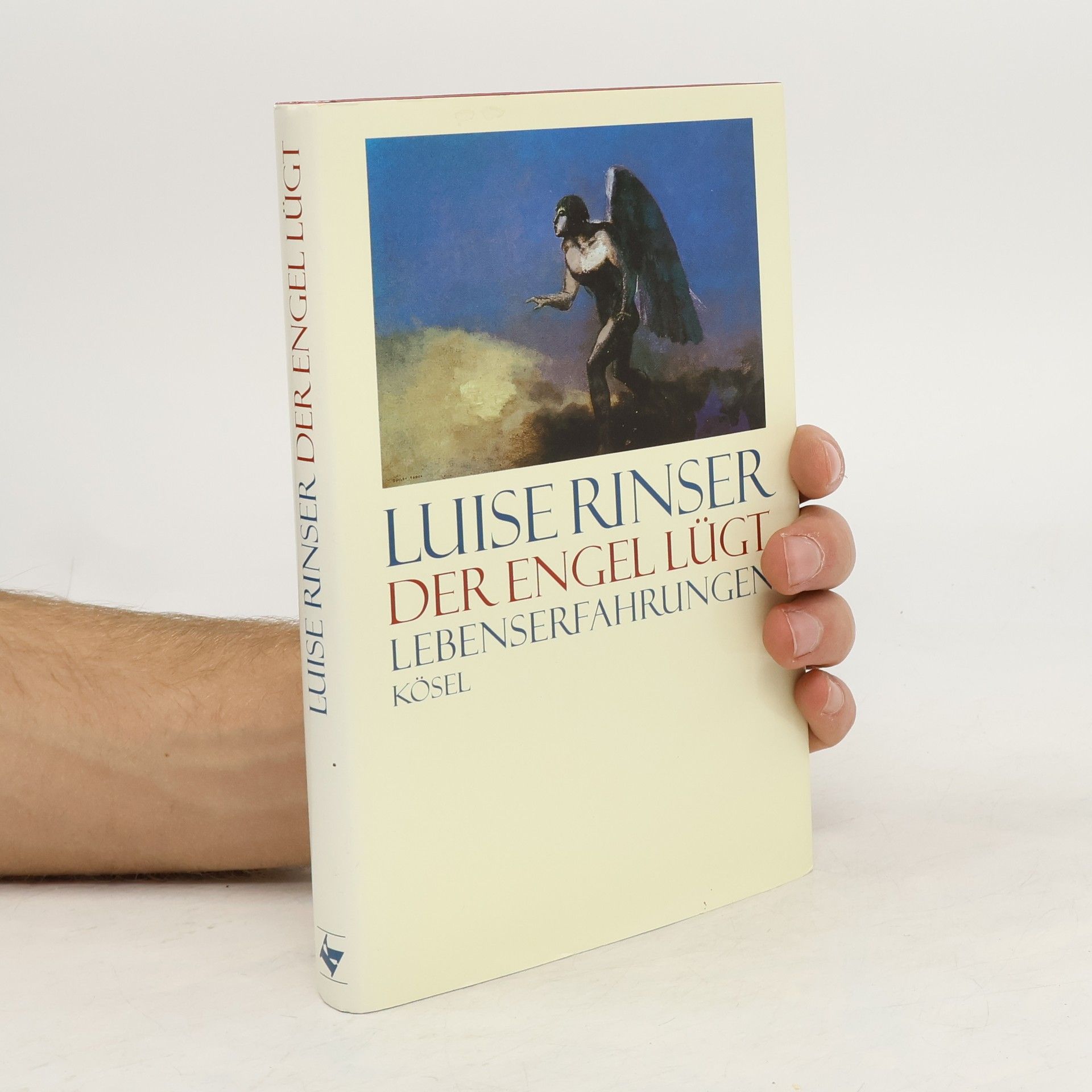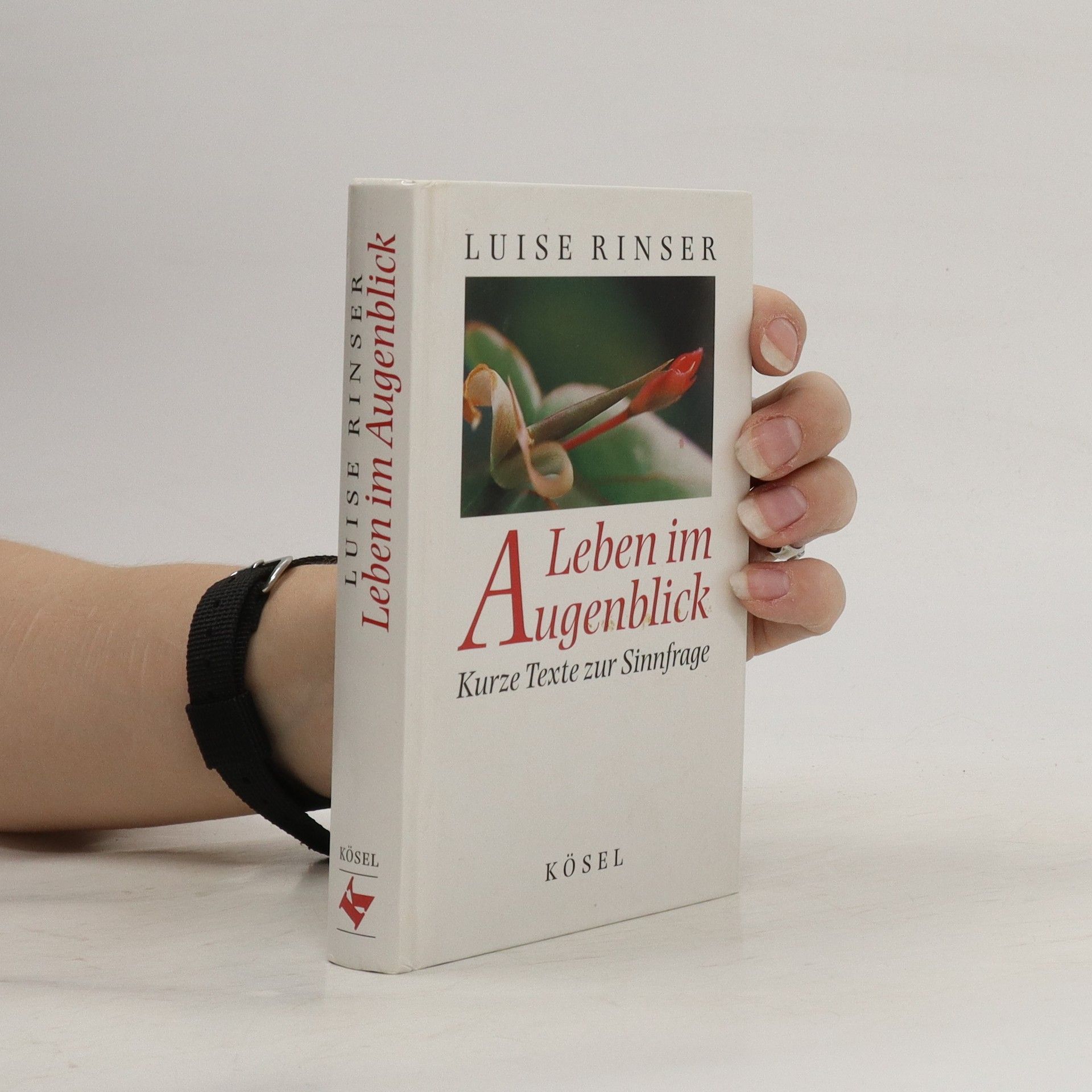Dieser erstmals 1968 erschienene Band versammelt Kolumnen Luise Rinsers, die ursprünglich in der Zeitschrift ›Für Sie‹ veröffentlicht wurden. Die Themen, die Rinser in bewährter Manier mitten aus dem Leben greift und mit Hilfe anschaulicher Beispiele verdeutlicht, haben in den Jahren seither nichts von ihrer Aktualität verloren: »Jedermann hat Angst, ein Zurückgebliebener zu sein, ein Altmodischer, Konservativer, einer, der nicht mitzählt, weil er im hektischen Rennen nicht mehr vorne liegt. Es gab vermutlich keine Epoche in der Entwicklung der Menschheit, die ein derartiges Tempo hatte und derart viel und unerhört Neues brachte.« – Muss man dem etwas hinzufügen?
Luise Rinser Book order (chronological)
Luise Rinser was a German writer whose works grapple with profound ethical and social questions. Her writing often draws from personal experiences, including her imprisonment during World War II, exploring themes of faith, social responsibility, and the pursuit of truth. Rinser was known for her outspoken stance on political and religious issues, making her a distinctive voice in German literature. Her literary legacy lies in the urgency of her prose and her unwavering engagement with the human condition and society.

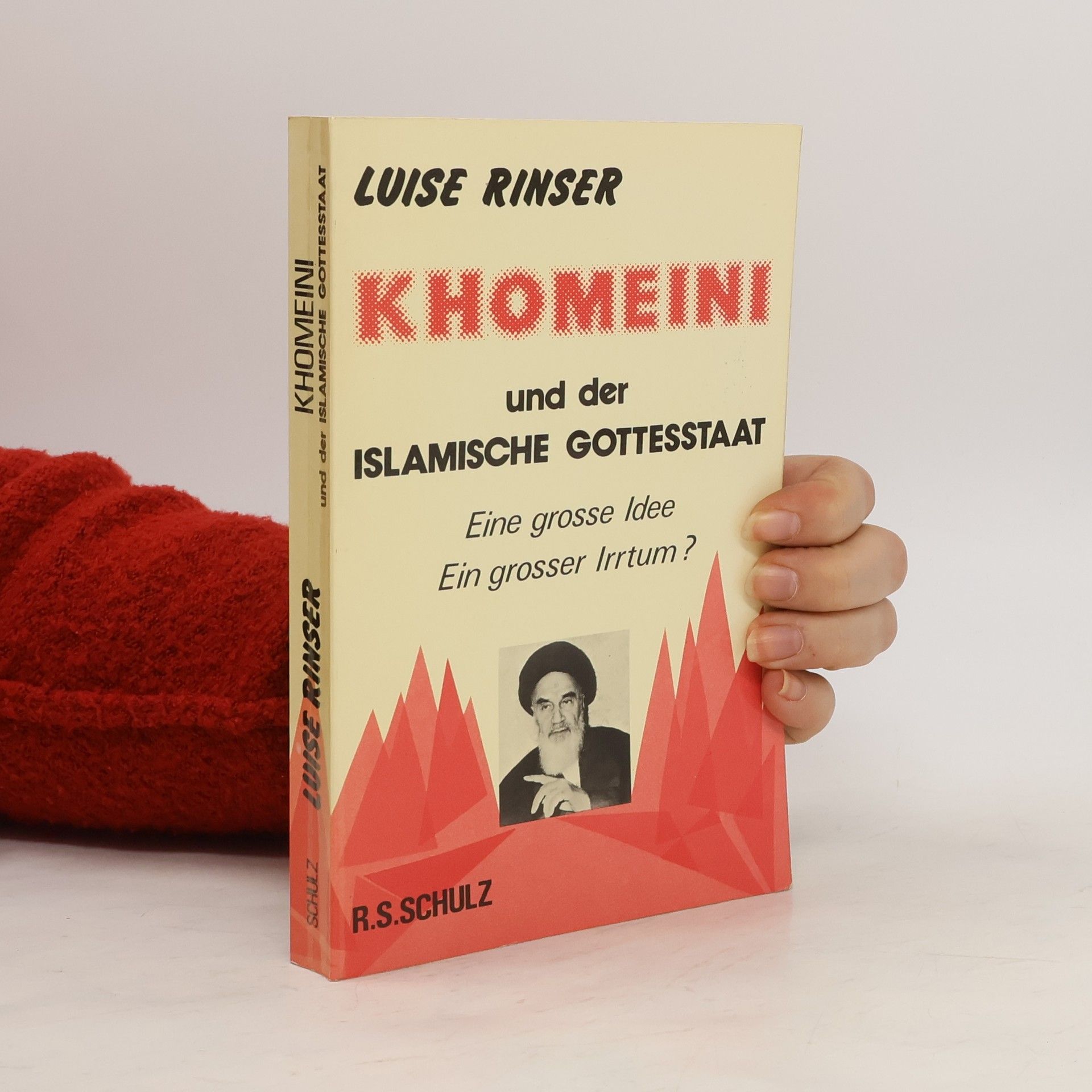


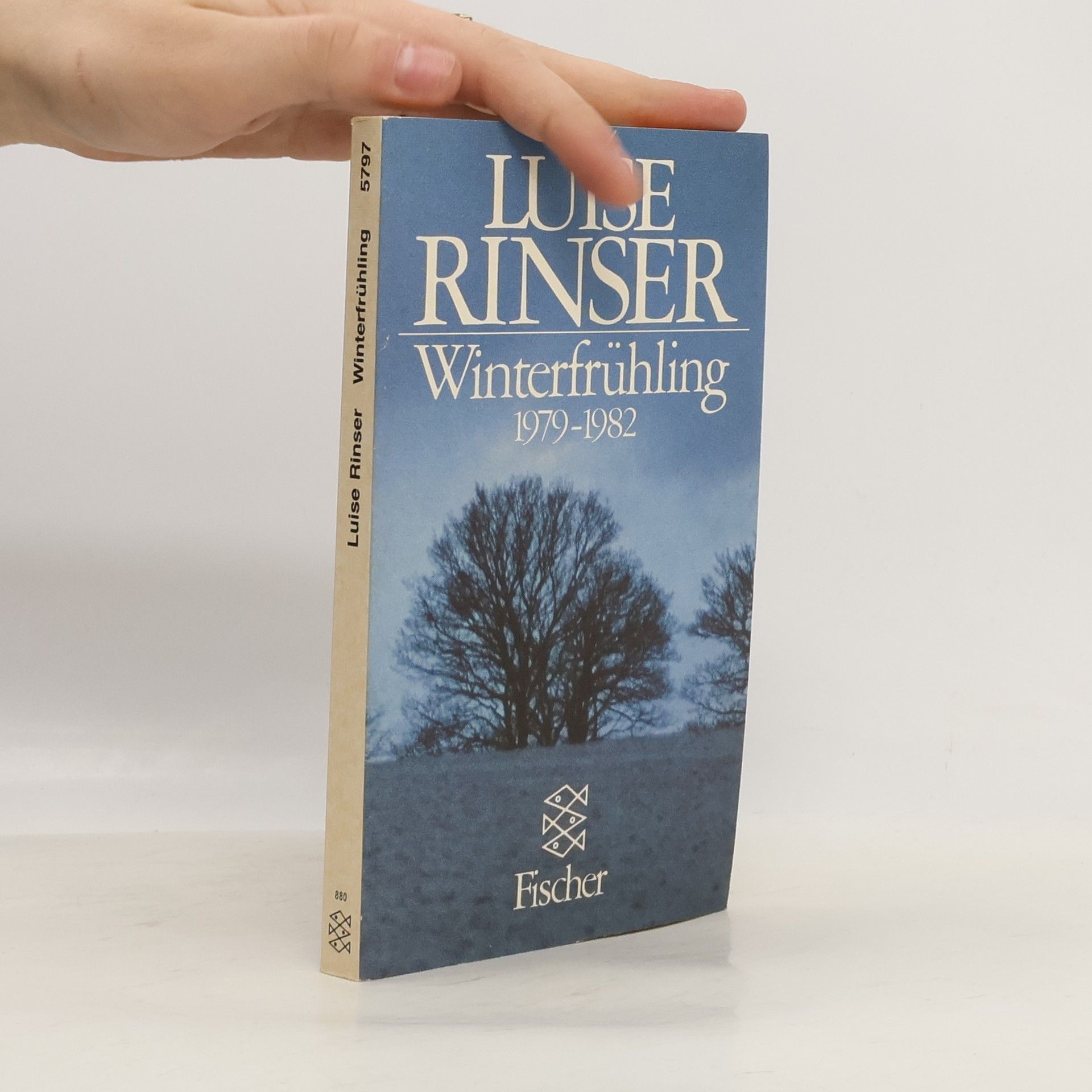
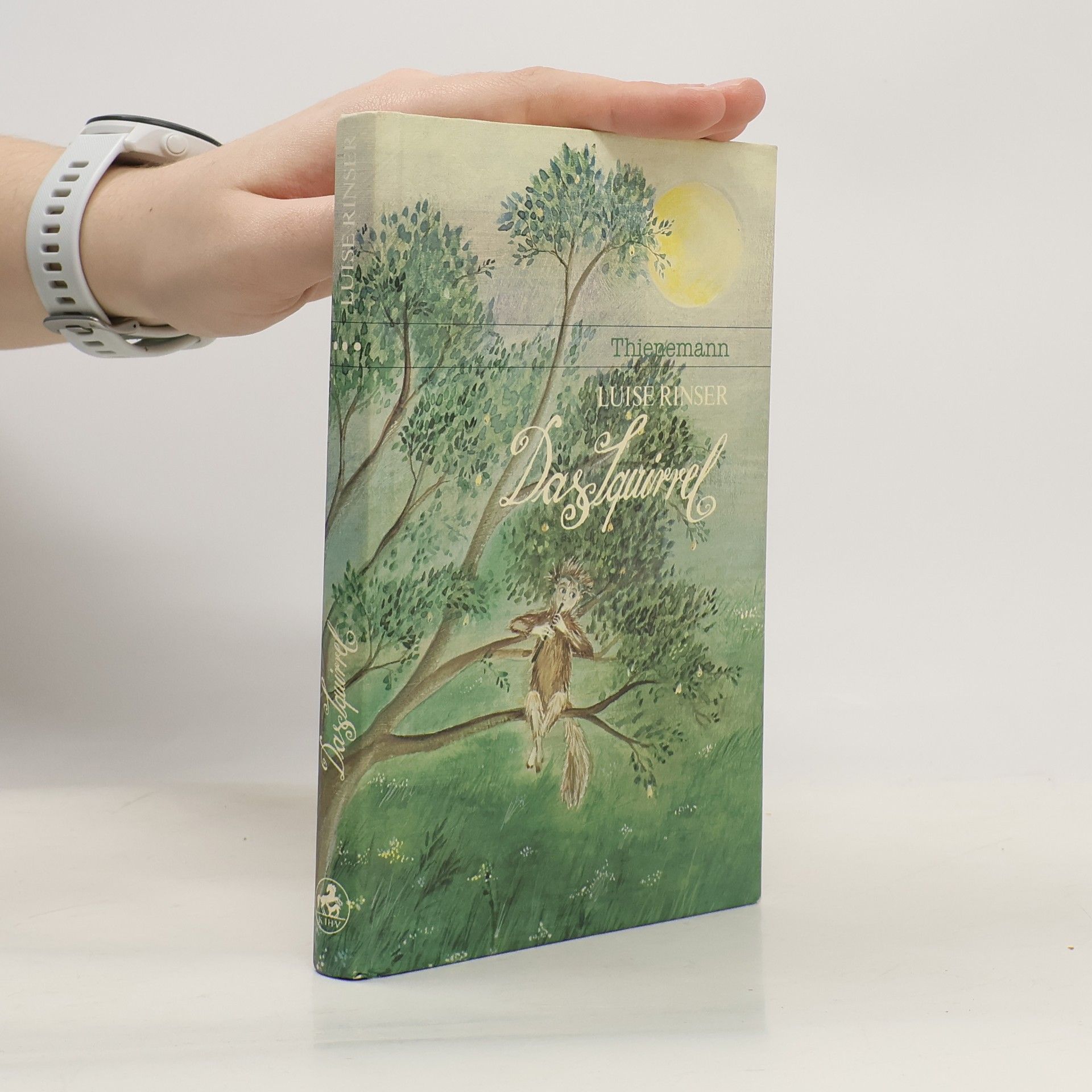
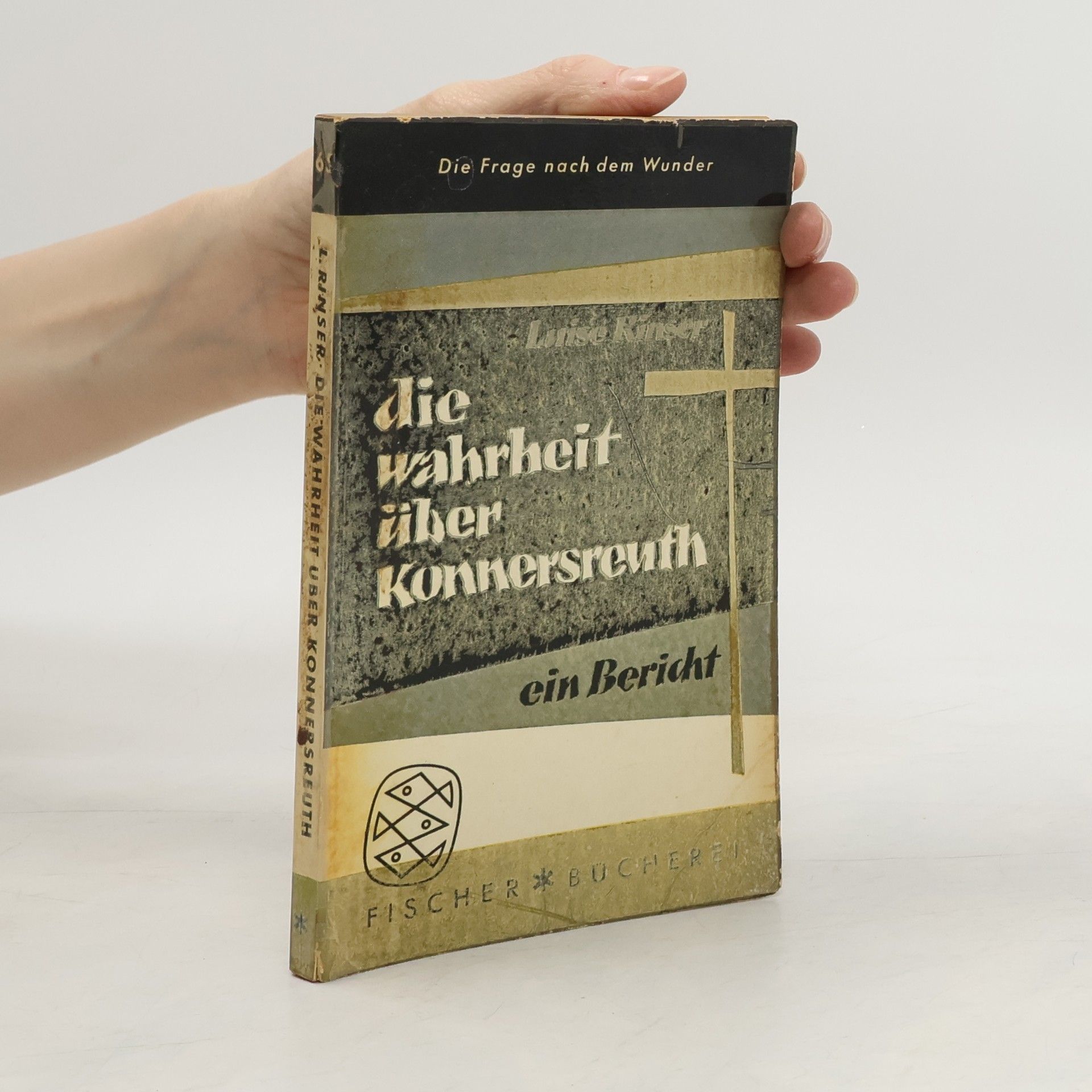
Dies sind Geschichten, die von Träumen und vom Leben erzählen, von Kindheit und Alter, von Seelenabgründen und Selbstfindung, von Veränderung und von immer neuen Versuchen, Utopien zu verwirklichen. Mit 26 Jahren begann Luise Rinser zu schreiben, und die ersten Erzählungen, so stellte sie später fest, »bezeichnen den Beginn meiner bewussten schriftstellerischen Arbeit«. Ihre kurzen Geschichten, die ihr Leben und Schaffen immer begleitet haben, zeigen die ganze Spanne ihrer künstlerischen Entwicklung.
Aeterna
- 253 pages
- 9 hours of reading
Eine Frau kehrt auf eine Insel zurück, auf der sie vor sehr langer Zeit, vielleicht in einem früheren Leben, gewohnt hat. Sie will dort eine uralte, „durch Vergessen zerstörte“ Felsenstadt wieder aufbauen, die nur noch in einer sehr tief liegenden Ebene ihres Gedächtnisses existiert. Sie begegnet einem Mann, der wortlos bereit ist, mit ihr zusammen dieses Gebäude aus Erinnerungen neu zu errichten. Auch sein Gedächtnis reicht Jahrhunderte oder Jahrtausende zurück bis in die Zeit vor dem Ausbruch des Vulkans, der die Felsenstadt verschüttet hat. Gemeinsam entdecken die beiden die Insel, ihre Geschichte, ihre Bewohner, ihre Geheimnisse. Sie versuchen Rätsel zu lösen und Orakel zu entschlüsseln, forschen in Höhlen nach der Vergangenheit und imaginieren eine Zukunft für die neu zu erbauende Stadt und ihre Menschen. Doch sie sind wieder von dem Vulkan bedroht: Die Insel wird zur Falle. Liegt die Zukunft nun jenseits des Horizonts, in einem Land, das es noch zu finden gilt?
Bruder Hund
- 158 pages
- 6 hours of reading
Zwanzig Jahre nach ihrem Roman ›Mirjam‹ beschäftigt sich Luise Rinser hier noch einmal mit der komplexen Beziehung Mirjams zu Jesus Christus, dieses Mal jedoch aus einer ganz anderen Aus der Sicht eines Hundes werden die letzten Lebensjahre seines »Herrn« erzählt, der auf einmal nicht mehr nur als das bedeutungsvolle Symbol der himmlischen Erlösung erscheint, sondern auch als Mensch. Der unschuldige, naive Blick des Hundes nimmt dabei vielsagende zwischenmenschliche Details wahr und bietet dem Leser so Anregungen für ganz neue Gedanken zu einem eigentlich vertrauten Thema.(Dieser Text bezieht sich auf eine frühere Ausgabe.)
Bruder Feuer und Mirjam
- 331 pages
- 12 hours of reading
Reinheit und Ekstase
- 319 pages
- 12 hours of reading
Kunst des Schattenspiels
1994-1997
Schwere persönliche Erfahrungen haben Luise Rinsers Leben und Denken in den letzten Jahren bestimmt. Krankheit und Tod ihres Sohnes, lange eigene Klinikaufenthalte nach zwei Unfällen haben sie an die Grenze ihrer Existenz geführt. Die Grundfragen des Lebens, die sie von jeher beschäftigen, stellen sich ihr neu und sie findet neue Antworten. Aber vier Monate, so stellt sie fest, »waren in meinem Bewußtsein wie leere Seiten«. Mit vier leeren Seiten ist diese Zeit auch in ihrem Tagebuch festgehalten. Ein tief prägendes Erlebnis fällt ins erste der hier dokumentierten Jahre: eine Reise nach Indien auf Einladung des Dalai Lama zu langen Gesprächen. »Fünf Tage, täglich einige Stunden neben ihm, haben mich unerhört viel gelehrt.« Diese Begegnung, die auch Anstoß gab zu neuer, intensiver Auseinandersetzung mit den großen Themen der buddhistischen und der christlichen Mystik, beschreibt Luise Rinser als einen »Zustand des gehobenen Glücks«. Und in einer anderen Eintragung heißt es: »Glücklich sein: dankbar sein fürs Leben, so wie es ist.«
Leben im Augenblick
- 191 pages
- 7 hours of reading
Verstreut im umfangreichen Lebenswerk von Luise Rinser finden sich kurze Texte, in denen sich Lebenserfahrung verdichtet. Gesammelt in diesem Buch geben sie Aufschluß über Schritte auf der Suche nach dem Sinn des Lebens.Kostbare Sentenzen zum Nachdenken, zum Meditieren und zur Besinnung auf das eigene Leben.(Dieser Text bezieht sich auf eine frühere Ausgabe.)
